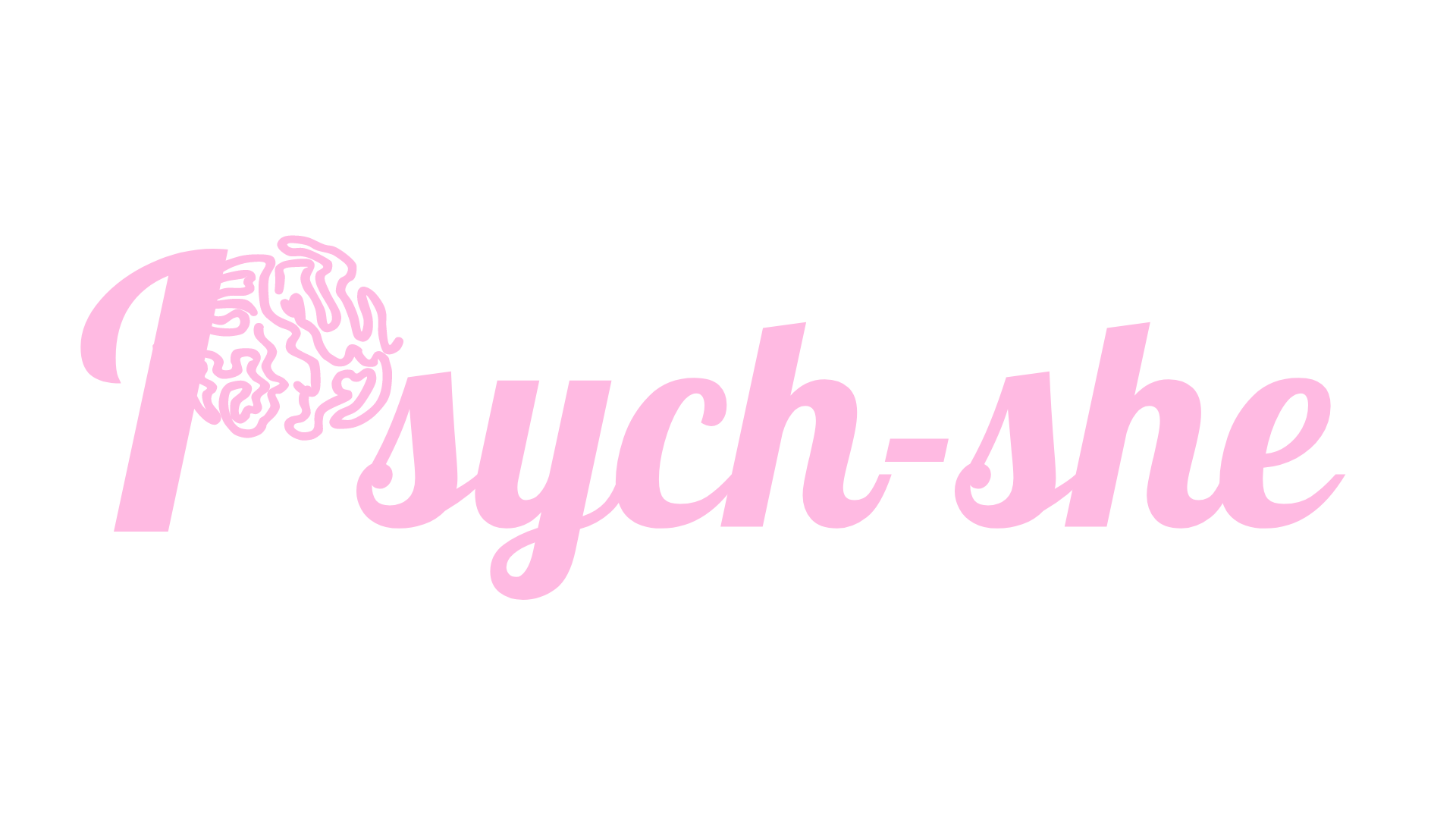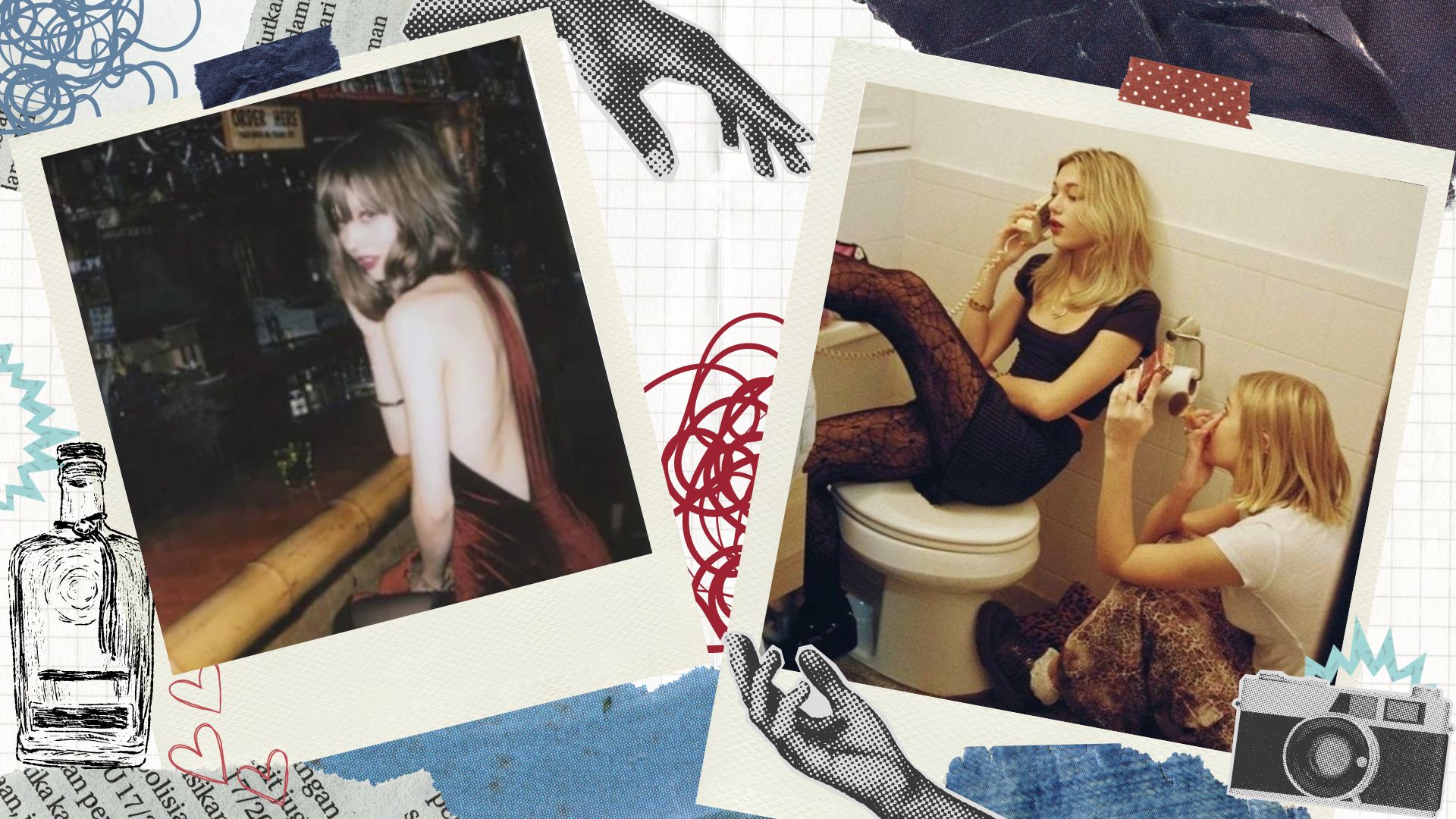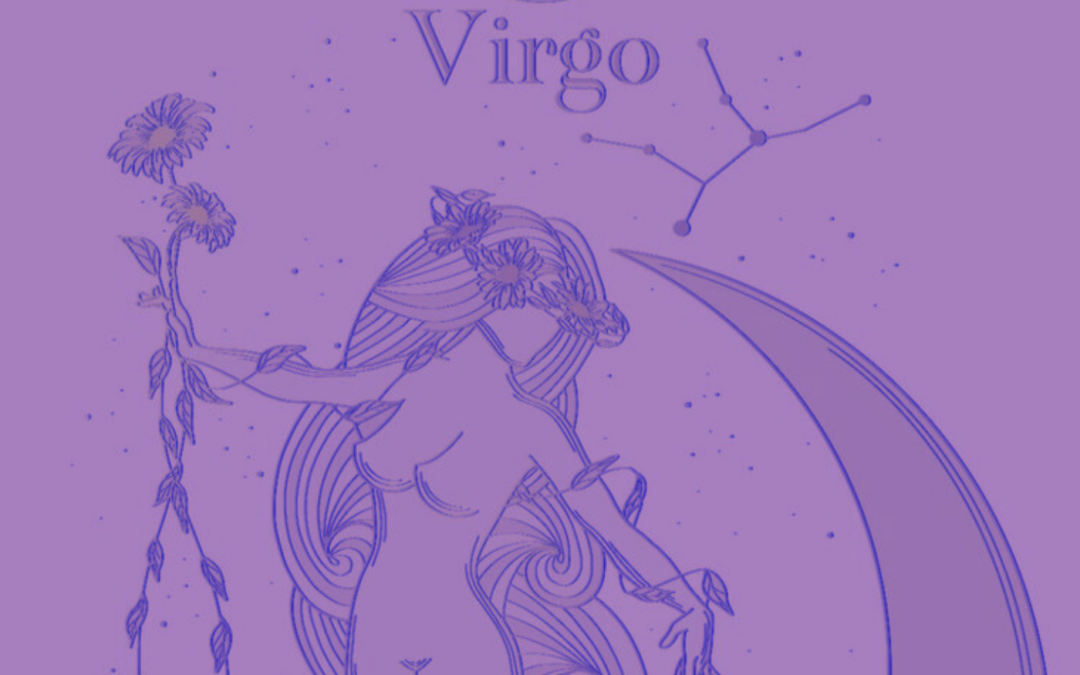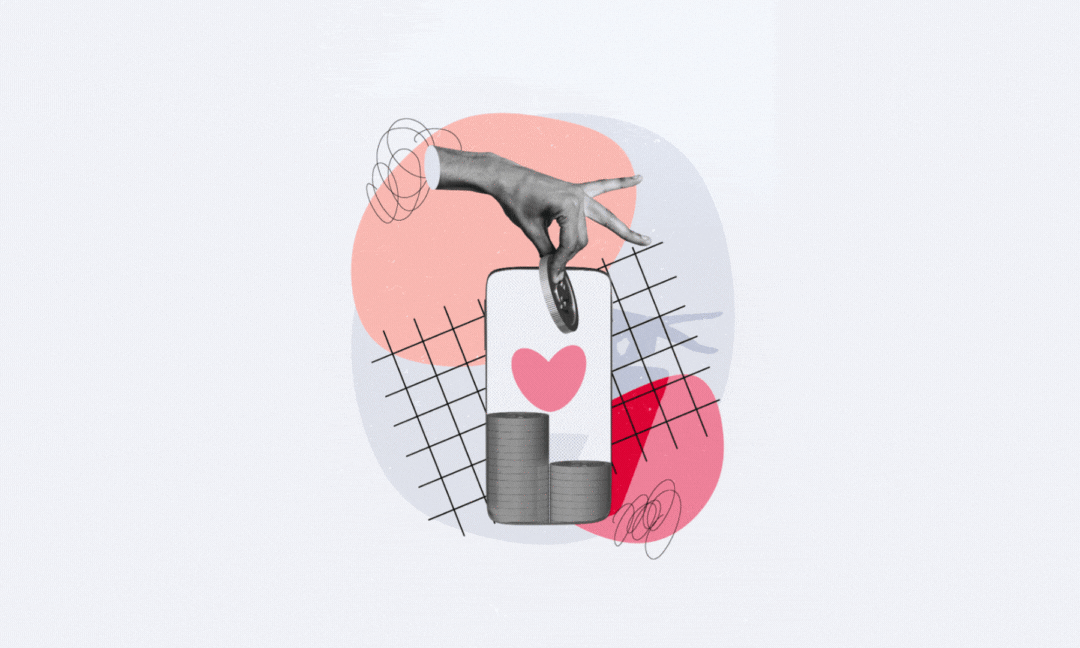This is a love letter to all the messy girls out there, to carry on doing what you do best, and ditch the pressures of the clean girl aesthetic.
Ladies and gentlemen, let me introduce you to Emily Hawtin: the messiest girl on the planet. Or that’s how I imagine my mother would describe me.
But she isn’t wrong. I bet the memories of her scrubbing away at my primary school dress until her hands were red raw, in an attempt to budge stubborn grass stains, are still poignant within her mind. Or the countless times when she would console my sister, who would charge into my room; hands shaking with fury, as a top of hers I had borrowed the night before now adorned a ketchup stain down the front.
This behaviour created the running joke within my family, of comparing me to the Tasmanian devil: always in a hurry, and leaving every room in a chaotic mess.
But to their dismay, the childish habits they thought I would abandon have lingered in my adulthood, as I often sleep with a face full of makeup on, I won’t wash my bed sheets for up to three weeks, and if I cannot find a hair bobble lying around then I will use a pair of pants from my drawers to tie my hair up with.
‘Wow’, I hear you say, ‘How elegant!’
Whilst I know my habits may evoke revulsion, I have tried to be a ‘clean girl’. But no matter how many times I slick my hair back into a claw clip, it never masks the fact there are three day old socks underneath my trainers. So I neglected my shame, and decided to be a proud messy girl!
But ever since this ‘clean girl’ phenomenon took over social media, I have felt nothing but disgust and shame within myself, for obtaining messy habits which most women are guilty of anyway.
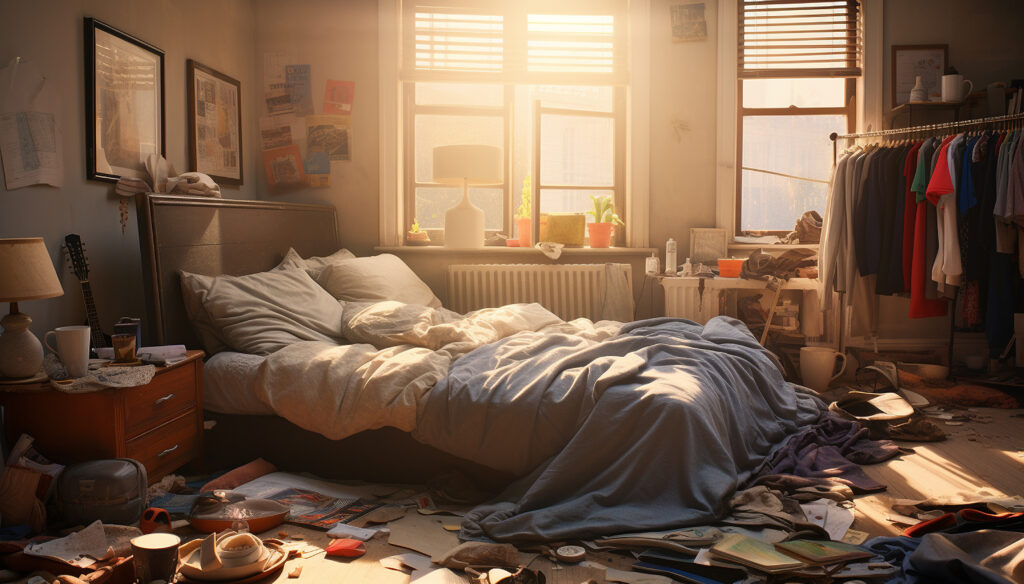
So firstly, what is the clean girl aesthetic?
A PureWow article describes the clean girl aesthetic as: “The most popular trend on TikTok. The premise is all about keeping your entire beauty looking fresh and natural.”
This trend has been reinforced by famous celebrities such as Hailey Bieber or Sofia Richie, who post their natural beauty all over social media, which inspires viewers yet fuels their insecurities of not looking like their idols.
But the constant fixation on the ‘clean’ and ‘natural’ excludes women who deal with acne and struggle with weight gain, as the trend typically favours young, slim, and upper class white women. It praises women who fit into this rigid beauty standard, yet shames those who cannot conform, and live a messy lifestyle.
Psych-she asked Lara Waycot, a BACP Counsellor, why we feel pressured to alter ourselves to mimic an influencers’ lifestyle, and she said: “We often expect ourselves to be and do everything. Even if we are not in the same life stage or ‘season’ as an influencer, we may expect ourselves to still be doing what we see others doing.
“This can create a narrative that we are only worthy if we have the attributes that have been displayed to us; the attributes that get all the likes and reposting. Social media also includes the messaging that we should be able to look like this. Meaning we may not be comparing ourselves to a celebrity, but just a ‘normal’ girl who does the same things we do. So why can’t we do them like her or look like her whilst we are doing it?”
I can admit that I often glare at my phone when these beautiful ‘clean girls’ surface on my social media, as I wish I could attain that lifestyle. But I shouldn’t be, as it is a normal thing to not always look or be perfect, I just need to gain some self confidence.
Lara advised: “Get to know what makes you feel worse. This might be through pausing in those moments when you feel less confident and reflecting on what it is that has left you feeling this way. That knowledge can enable you to consider whether you can reduce how much you engage with that influencer/activity as well as consider how you might want to respond in the future.
“Also practise self compassion – this is as simple as considering how you might speak to a friend who told you they were feeling this way. It can be really easy to say things to ourselves or judge ourselves, in a way that we would not think of doing to someone else. So ask yourself, if a friend was calling themselves these names, or feeling low in confidence – what would you say to them?”
Therefore, you should never be ashamed or belittled due to your messy demeanour, and should wear it like a badge of honour. We should never be made to feel less than because our lives or habits do not align with what society deems as ideal.
So carry on tying your hair up with thongs, forget to brush your teeth once every blue moon, and leave every room like it’s been hit by a storm, because it is okay to not be perfect!
Be a Tana Mongeau in a world full of Hailey Beiber’s, and be proud of being a messy girl.
Lara Waycot
Lara Waycot gained an integrative counselling and coaching degree accredited by the BACP, and has recently worked within a Young Person’s charity, and has qualified as a Mindfulness teacher.
